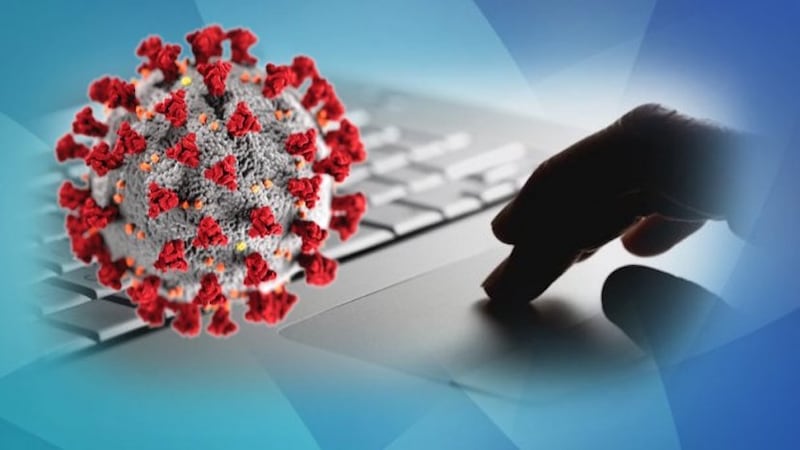Narratives in the current digital age are largely driven through social media, celebrity culture and clickbait leaving reality to fade away in the dust. It’s a challenge that has come two-fold for many Māori health practitioners and academics since the arrival of Covid-19 to the shores of Aotearoa.
“I think part of the issue has been around if people don’t like whats happening then they tend to buy into stories that don’t support that, and that tends to drive people into the conspiracy theories, but we want people to understand what’s actually happening around the corona virus,” says Māori Immunologist Dr Anthony Jordan.
Māori communities are by no means immune to the dubious advice being shared across social media platforms. Misinformation is alive and well regarding Covid, but it’s also happening in the obesity sector around food and diet.
“Because so many people are unhappy with their weight, there is big money in selling weight-loss diets, and social media is full of weight-loss scams,” says Massey University’s Associate Professor Dr Lisa Te Morenga.
Dr Te Morenga is a nutrition and Māori health and says because so many people are unhappy with their weight, there is big money in selling weight-loss diets and social media is full of weight-loss scams.
“There are no weight-loss secrets that health professionals are hiding from you, no secret remedies, no magical food combinations, but there are lots of unscrupulous people trying to trick you into buying their potions or books.”
In a country which has sat highly ranked amongst the world’s most democratic societies, the people’s opinion is rarely silenced in Aotearoa. The arrival of Delta however, provoked iwi-led responses against anti-government protestors during lockdown that not only put more people at risk, but saw the misuse of haka, Māori culture and high-profile Māori leaders to advance their cause.
Director of the Centre of Research Excellence: Indigenous Sovereignty & Smoking Dr Marewa Glover says having different opinions is critical to the advancement of science but competition to have ones solution adopted regardless of the evidence is breaking down trust in research.
“For some it is about the number of clicks and that translates to dollars and in the research field, it’s incredibly cut throat,” says Glover. “Everyone has a right to an opinion. Nevertheless, those wanting to control the narrative are getting into universities and not teaching critical thinking or how to analyse if information is true or not. They’re just telling students what to think.”
American film director Adam Mackey released his latest film this month starring Leonardo Di Caprio, a fictional tale of how catastrophies such as pandemics have been politicised. A glimpse on the state of the nation that shows while the human race is busy fighting trivial battles and conspiricay theorists who are becoming powerful political forces, they don’t see the real threat which - in the case of Don’t Look UP –is a comet that will destroy the entire earth.
“The film really captured the problem for the science community and disinformation, and how there are groups that are putting out information designed to counter discredit the truth and fact as we know it today,” says Dr Glover. “It’s concerning that what happens in the movie is happening in many sectors and people need to be worried.
And then, we have the corona virus pandemic. Māori vaccination rates have trailed behind other ethnicities exhausting Māori health providers across the country in an effort to lift the numbers. Māori covid response experts are warning the rates are still low leaving Māori the most vulnerble to a yet another new strand of corona virus at our borders – the Omicron variant.
“The main thing is we went into this pandemic knowing we (Māori) are more at risk and to see the misinformation has taken a front seat in the community we’ll come off worse than anyone else. We don’t want to see our Māori people dying because of misinformation,” says Dr Jordan.
Health experts will direct the general public to government-based websites for advice and reliable information. One however, doesn’t have to dig to deep to undertsand why Māori are so quick to dismiss any information that’s also promoted by the government, even if it is scientifically factual. Māori haven’t been served well in the past by government institutions, and the Waitangi Tribunals latest ruling of the government’s response and vaccine roll-out put Māori at risk proves that continues to this day.
Dr Jordan says, “For Māori its about being genuine it’s about being real, being out there kanohi ki te kanohi. If someone knows you and you show respect towards them, thats much more powerful than something you’ve seen on social media.”

